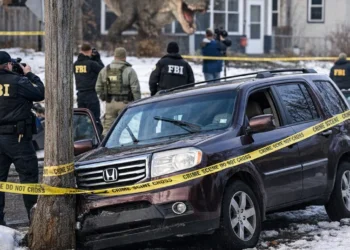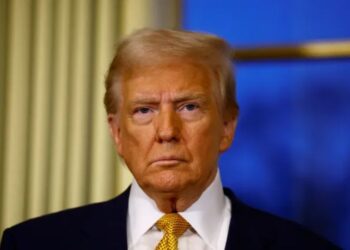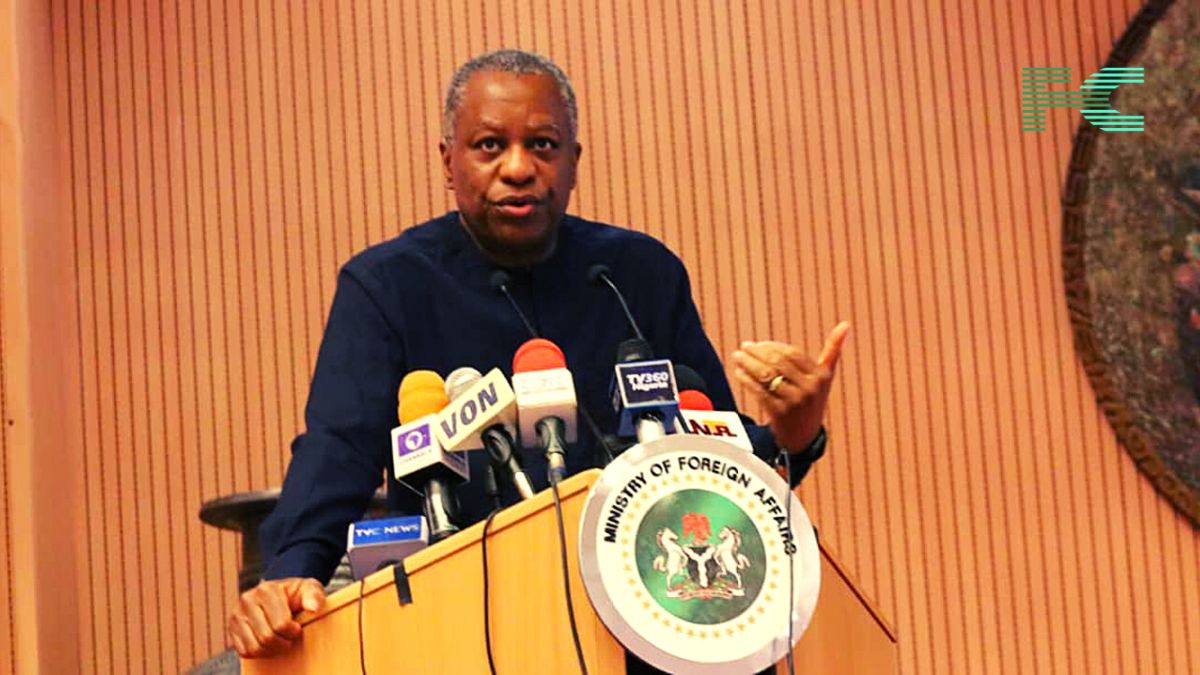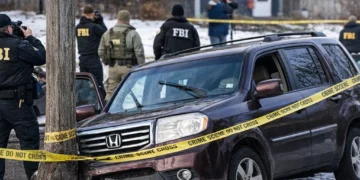President Bola Tinubu has promised to “stand firm” against pressure from the United States after President Donald Trump reportedly directed the Pentagon to prepare plans for possible airstrikes in Nigeria.
Speaking after Thursday’s Federal Executive Council meeting in Abuja, Tinubu said his government would not be intimidated by “external threats,” stressing that Nigeria remained committed to fighting terrorism on its own terms.
The Irony of Defiance
It is, however, a curious type of defiance. The same administration that struggles to curb killings, banditry and insurgency at home now insists it will resist an American military response. Tinubu vows to defy Trump’s threat as US officials debate how to respond to renewed violence against Christians in northern Nigeria, a crisis the government has yet to bring under control.

One wonders what exactly Nigeria plans to defy: the United States, or its own repeated failure to ensure safety for its people.
Trump’s “guns-a-blazing” warning
Trump’s post on his Truth Social platform last week was characteristically fiery. He accused the Nigerian government of turning a blind eye to the murder of Christians by Islamist militants and warned that America might “go into that now disgraced country, guns-a-blazing.”
According to The New York Times, the US military has since been asked to develop “light, medium, and heavy” operational options for potential airstrikes in the event of escalating violence.
Tinubu’s mixed message
At home, Tinubu tried to project calm. He told his cabinet that the government was focused on rebuilding the economy and defeating terrorism under his Renewed Hope Agenda. Finance Minister Wale Edun briefed the Council that reforms were yielding investor confidence, while other ministers were urged to attract private capital to infrastructure and agriculture.
But to many Nigerians, the optics are troubling. The President’s defiant tone may play well politically, but it raises the uncomfortable question: can a government that hasn’t solved its internal security crises really posture against Washington?
Critics Question Priorities
Critics say Tinubu’s administration should focus less on confronting Trump and more on cleaning up Nigeria’s worsening security mess. From Plateau to Zamfara, bandits and insurgents continue to terrorize citizens especially Christians. In several northern states, communities have been forced to form vigilante groups just to survive.
“Before defying Trump, the President should first defy the terrorists making life unbearable for ordinary Nigerians,” a security analyst told this paper.
Washington’s Watchful Eye
Meanwhile, the situation continues to attract attention abroad. Trump’s comments have re-energized right-wing Christian groups in the US, while moderate voices warn that military intervention would destabilize West Africa even further.
For now, the US is “reviewing all options.” But the fact that airstrike plans are even being discussed shows how deeply Nigeria’s image problem has grown under the weight of insecurity and religious violence.
A fragile Show of Strength
Tinubu’s defiance may look bold on the surface, but it also underscores how defensive his government has become. With the economy strained, security forces stretched thin, and public confidence eroding, this kind of statement risks sounding hollow.
If Nigeria truly wants to avoid becoming a stage for foreign intervention, it must first fix its own security failures. Defying Trump is easy, defying bandits, inflation, and distrust at home will take far more courage.

















